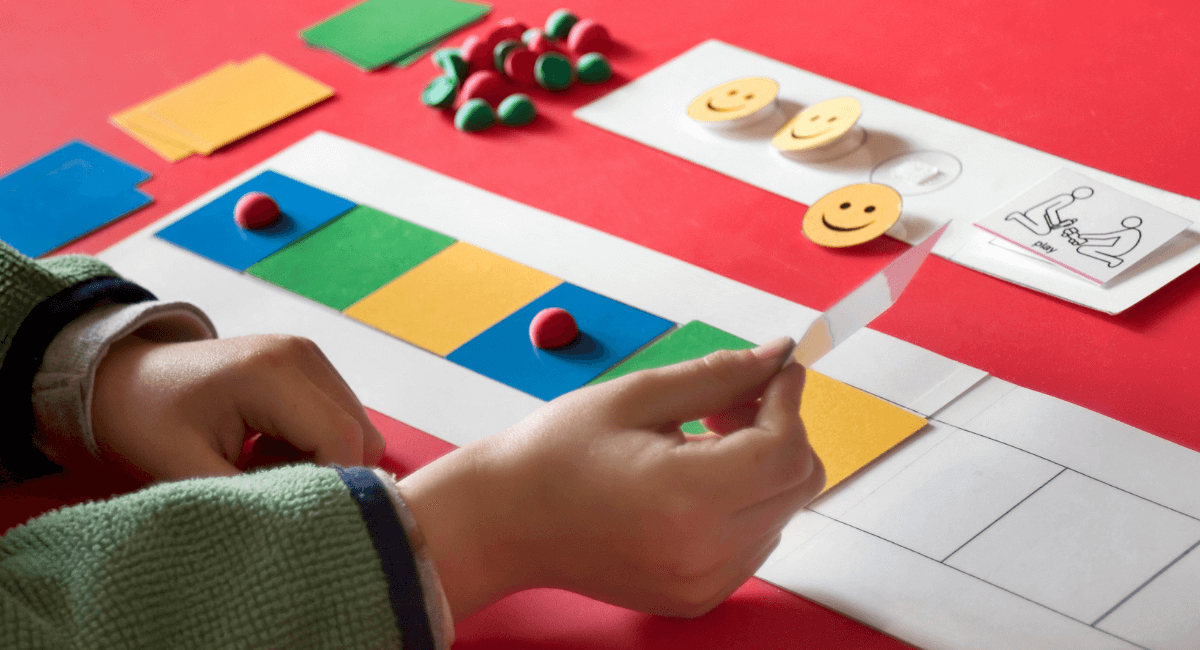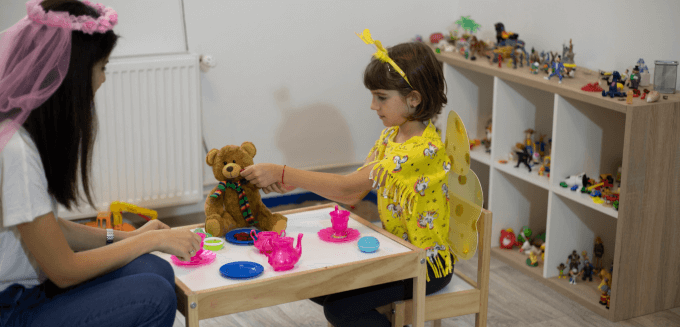
How can I motivate my child when s/he finds xxx so difficult?
Whether ‘xxx’ stands for reading, spelling, writing, maths, word problems, remembering instructions or paying attention in class, a child who is struggling in one or more of these areas may not be motivated to work at it. Children who find something hard are often reluctant to practise that skill, as they know it takes a lot of effort and comes with no guarantee of success. If a child doesn’t feel that he or she is very good at something, he or she may not want to attempt it even with adult encouragement.
So how can Educational Therapy help overcome this and motivate children to spend time doing something they have learned to dislike?
- By using a creative approach and engaging activities that are appropriate for the child’s age, ability and interests
- By pinpointing the child’s current level of ability and building on what he or she can already do
- By understanding that the child truly finds something difficult and acknowledging the effort he or she puts in to improve
- By showing the child how to use their strengths to help them manage and overcome their weaknesses
- By providing opportunities for success
- By setting achievable goals and making the child aware of his or her progress towards these goals
How can Educational Therapy help with organisation?
ET can help children learn and develop executive functioning skills (EF), which include planning, self-monitoring, working memory and organising one’s time and belongings. Children who need support with EF skills may:
- have difficulties keeping their bags or desks tidy
- constantly lose things
- forget instructions or parts of an instruction
- have trouble completing tasks or projects
- have trouble planning their time and finishing tasks before a deadline
ET can help children to strengthen their EF skills by focusing on increasing their memory and planning abilities. Educational therapists can teach a child how to create and use a suitable timetable or visual schedule, so that the child can easily understand what has to be done at a particular time. Therapists can also show a child how to plan or structure a particular task by breaking it down into manageable components. To ensure that the skills learned in sessions carry over to the home or school environment, therapists can liaise regularly with parents and teachers, providing the child with as much support as necessary until the child is independent.
Author: Victoria Hobbs, Educational Therapist




